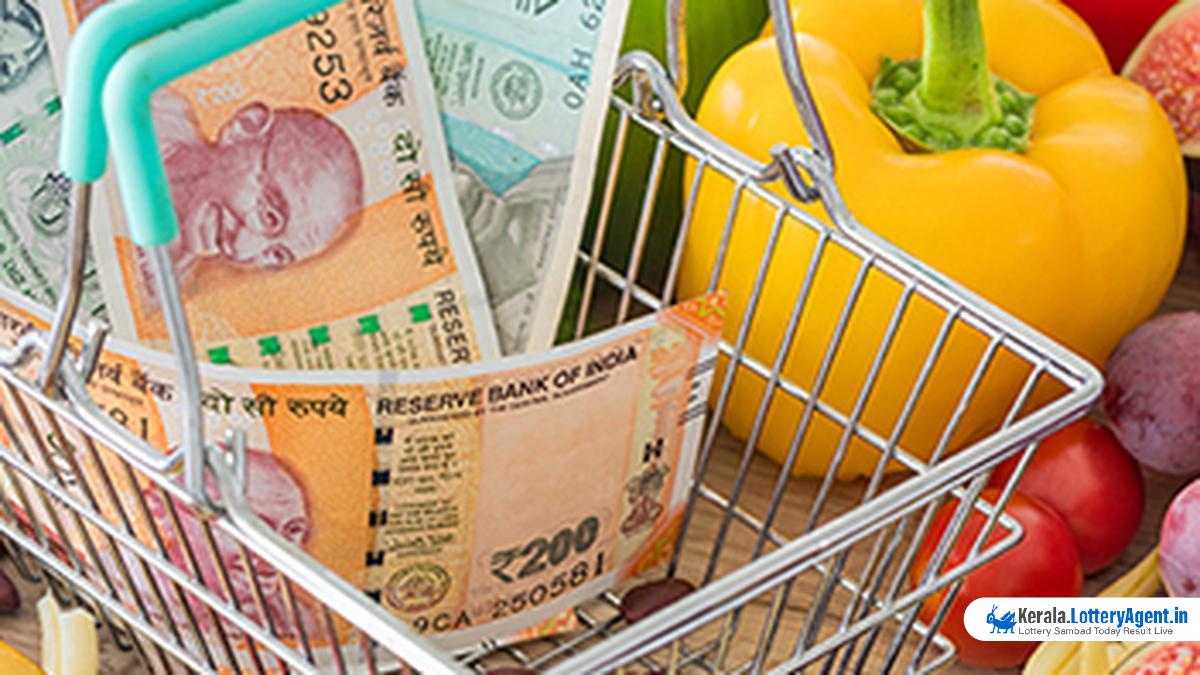
A recent analysis of the economic mood among Indian voters indicates that livelihood issues will play a pivotal role in the upcoming 2024 General Elections. The Reserve Bank of India (RBI)’s consumer confidence survey substantiates findings from the CSDS-Lokniti pre-poll survey, both highlighting inflation, unemployment, and falling income levels as critical voter concerns.
The CSDS-Lokniti pre-poll survey, earlier discussed, revealed that National Democratic Alliance (NDA) maintains a lead ahead of the Opposition. Nevertheless, it was clear that the government’s least popular initiatives were related to ‘price rise’ and ‘increasing unemployment’, both of which were among the top three reasons for voters considering a change of leadership—’increasing unemployment’ was cited by 32%, ‘price rise’ by 20% and ‘falling income’ by 11% of the participants.
Conducted from March 2nd to March 18th, the RBI survey engaged 6,083 respondents across 19 key cities. It confirmed the persistence of these concerns, with close to 38% highlighting a gloomy job outlook, mirroring the pre-poll survey results. These perceptions must be considered against the backdrop of low-base comparisons given that consumer confidence was rebounding following the pandemic downturn. Although job confidence levels have edged towards pre-pandemic figures, a significant one-third remains skeptical about the employment landscape.
Income levels, on the other hand, have been slow to recover from the pandemic-induced shocks. The RBI survey depicted a rather somber picture, with 22% noting a decrease in income levels year-over-year—a figure that starkly contrasts the mere 10% registered in 2014-15. On the brighter side, approximately 27% reported an increase in income levels, yet this offered little solace since nearly half of the respondents saw no change at all. This stagnation is particularly worrisome given the consistent hike in commodity prices.
Speaking of commodity prices, a staggering 90% of participants in the RBI survey reported an increase compared to the previous year. A negligible 1% asserted a decrease, and a modest 9% viewed the situation as unchanged. The correlation between these findings and the disquieting undercurrent revealed in the CSDS-Lokniti pre-poll survey is evident, especially when considering income levels—72% suggested either a decrease or no change—alongside the inflation figures.
Furthermore, the RBI’s survey provides insight into perceptions of the general economic situation. With a sense of a return to pre-pandemic confidence levels, it’s essential to note the prior context: India’s economy technically slipped into a recession in 2019. Even though there’s a semblance of recovery, pre-recession confidence peaks of 2015-17 remain elusive. This is compounded by the data from March 2024, where 36% noted a downturn in the economy over the year.
The convergence of these data points from both the RBI and CSDS-Lokniti surveys paints a stark portrait of voter sentiment. The 2024 General Elections will be heavily influenced by tangible economic experiences and perceptions, as the electorate navigates the complex interplay between income, employment, and the cost of living. The repeated emphasis on these essential livelihood issues underscores an unmistakable directive for policymakers and political contenders alike: Addressing the economic concerns of the populace is not just a matter of routine governance but a critical electoral imperative.












